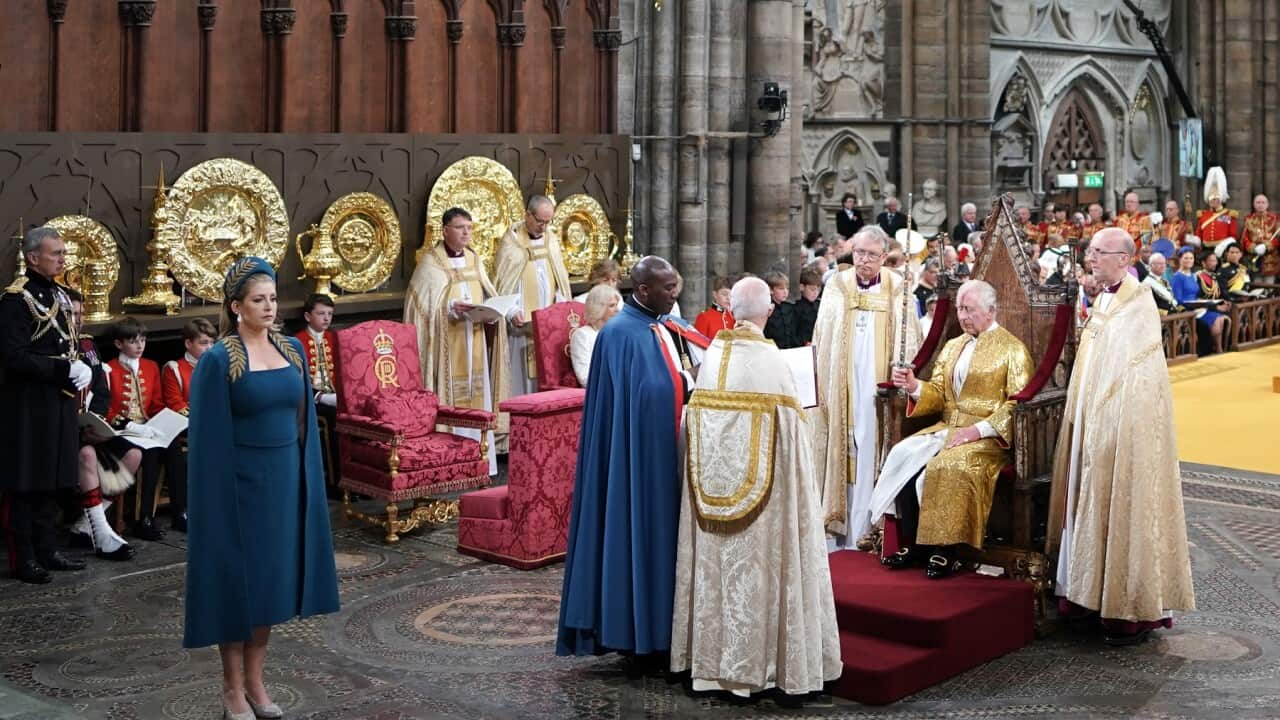Child advocates say children with complex communication problems, including many who cannot speak, are being turned away from mainstream schools in Australia.
Overall, they say at least one in four children with a disability is being turned away from the schools.
And child-education specialists claim many of the children have been misdiagnosed with intellectual disabilities based on inappropriate IQ tests administered by education departments.
Queensland University of Technology psychology professor Linda Gilmore says the culprit is Wechsler IQ testing, which relies heavily on speech.
The Wechsler is the standard test used by education departments across Australia.
Professor Gilmore says, while other tests exist, voice-dependent testing means some children with little or no speech are being misdiagnosed.
"Students with autism, in particular, children with speech-and-language impairment, some children are being misdiagnosed. They're being labelled as having an intellectual impairment on the basis of inappropriate testing. It's widespread. Yeah, it is a problem." Professor Gilmore says.
The test results are important.
A score of 70 or above would likely translate to admission to a mainstream school, but anything below that flags placement in a special school.
That could mean students are offered non-academic programs and little communication support -- in some cases, without access to speech pathologists.
But some families say their children are finding a voice and communicating in a different way, using what is called facilitated communication.
It involves a family member, friend or support worker helping the student point to letters on a keyboard.
Usually, facilitated-communication training starts with someone holding the child's wrist and moving up the arm over time in a process designed to culminate in the person typing independently.
Tim Chan, now 23 years old, was one child turned away from mainstream schooling.
The Melbourne man has no ability to speak verbally but, with the help of facilitated communication, can express himself.
"I feel trapped in a body that doesn't respond to my intentions, and it's very frustrating." Mr Chan says.
Sarah Chan says her son's ability was underestimated because of inappropriate testing and he was then forbidden from using facilitated communication in high school.
[The full story is available on the podcast above]




